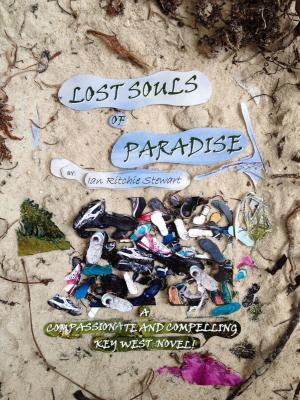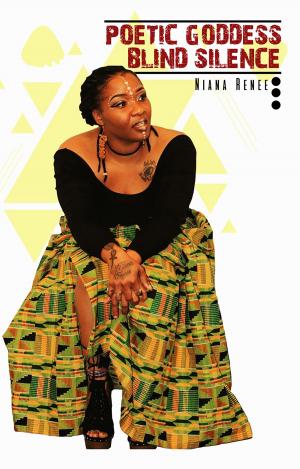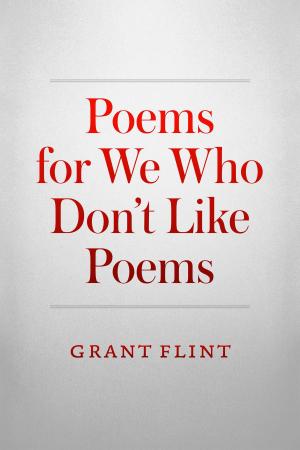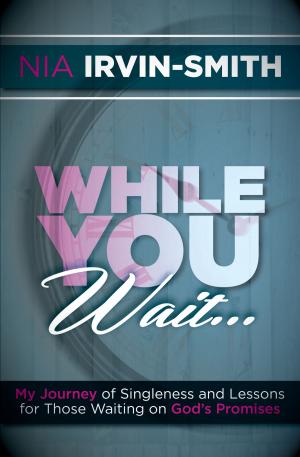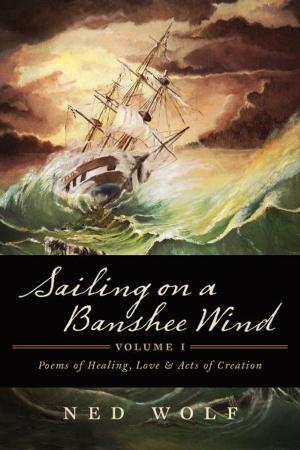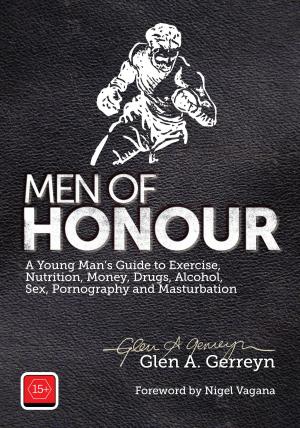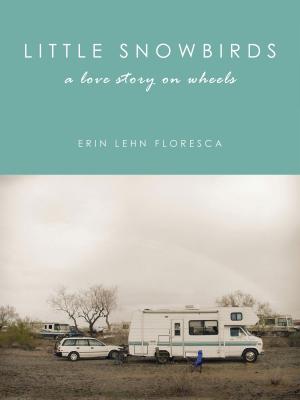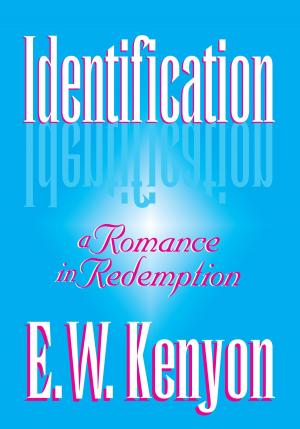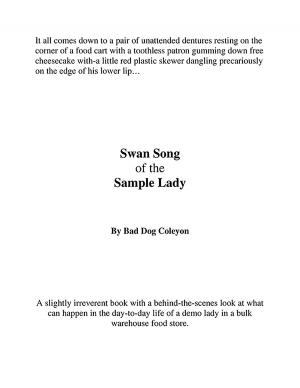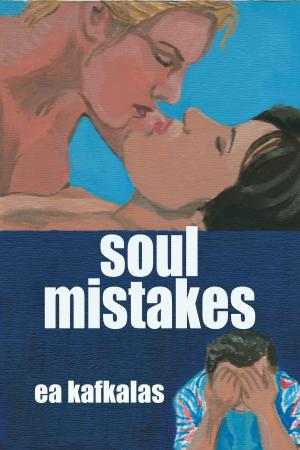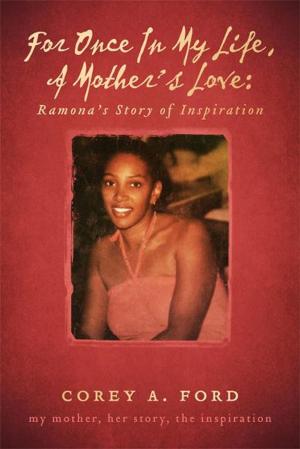Get More Art: An Easy Guide to Exploring, Discussing and Creating
Nonfiction, Art & Architecture, General Art, Study & Teaching| Author: | Wiktor Kostrzewski | ISBN: | 9781483536286 |
| Publisher: | BookBaby | Publication: | August 18, 2014 |
| Imprint: | Language: | English |
| Author: | Wiktor Kostrzewski |
| ISBN: | 9781483536286 |
| Publisher: | BookBaby |
| Publication: | August 18, 2014 |
| Imprint: | |
| Language: | English |
"I have six main goals in mind as I'm writing this. Goal number one is to enable you to enjoy art more. This is the biggest, and by far the hardest thing to do. If anything in this course stops you from enjoying art more in the end, let me know so I can fix it. Goal number two is to let you discover different kinds of art for free, or on the cheap. This doesn't sound like a lofty objective, but paying for art is a criterion that discourages many people from even trying. And the end result is that they are giving up on the free or inexpensive art which is awesomely accessible. The third goal: to break several myths about the art world. The reasons you've not been to a gallery in ages - the reasons you think all museums are boring - the fear of opera - those are all powerful myths. Which means there's something that feels powerfully true about them, and they hold on tight to places in our minds. I'm going to try to pull them apart and show you the benefit of a mind free from those myths. Goal four: I want to show you easy ways of thinking about art. You don't need eight-syllable words to talk about a painting. And you don't need to read seven essays before they let you in to an opera hall. There are simple ways of thinking about anything you experience. These in turn translate to powerful conversations about art - which you will actually enjoy instead of fearing them. Goal five: to help you grow your art-discussing phrasebook. This is very connected to the previous goal. From good thinking, you get good conversations; from enjoyable ways of reflection - amazing blog posts and articles. And if both the thinking and the discussions are kept simple, relevant and true, then they don't cost you a lot of effort at all. Not to mention - they don't need an art degree. Finally, the sixth goal: to show you helpful tools for discovering, exploring and discussing art. Most of these you will already have access to - they're online! These are designed to satisfy most needs, inspire you to get more art - and not confuse you with jargon."
"I have six main goals in mind as I'm writing this. Goal number one is to enable you to enjoy art more. This is the biggest, and by far the hardest thing to do. If anything in this course stops you from enjoying art more in the end, let me know so I can fix it. Goal number two is to let you discover different kinds of art for free, or on the cheap. This doesn't sound like a lofty objective, but paying for art is a criterion that discourages many people from even trying. And the end result is that they are giving up on the free or inexpensive art which is awesomely accessible. The third goal: to break several myths about the art world. The reasons you've not been to a gallery in ages - the reasons you think all museums are boring - the fear of opera - those are all powerful myths. Which means there's something that feels powerfully true about them, and they hold on tight to places in our minds. I'm going to try to pull them apart and show you the benefit of a mind free from those myths. Goal four: I want to show you easy ways of thinking about art. You don't need eight-syllable words to talk about a painting. And you don't need to read seven essays before they let you in to an opera hall. There are simple ways of thinking about anything you experience. These in turn translate to powerful conversations about art - which you will actually enjoy instead of fearing them. Goal five: to help you grow your art-discussing phrasebook. This is very connected to the previous goal. From good thinking, you get good conversations; from enjoyable ways of reflection - amazing blog posts and articles. And if both the thinking and the discussions are kept simple, relevant and true, then they don't cost you a lot of effort at all. Not to mention - they don't need an art degree. Finally, the sixth goal: to show you helpful tools for discovering, exploring and discussing art. Most of these you will already have access to - they're online! These are designed to satisfy most needs, inspire you to get more art - and not confuse you with jargon."

